Editor’s Note: This blog post is part of The Primaries Project series, where veteran political journalists Jill Lawrence and Walter Shapiro, along with scholars in Governance Studies, examine the congressional primaries and ask what they reveal about the future of each political party and the future of American politics.
There’s no doubt that establishment Republicans have moved to the right under pressure from the tea party. That’s led some to conclude that even as tea party candidates lose primary battles this year, the tea party movement has won the issues war. But that story line is problematic when it comes to immigration. With the business community and many establishment Republicans still firmly committed to comprehensive reform, it remains a great divide within the party.
Primaries last week in North Carolina’s 2nd and 7th congressional districts offered vivid examples of candidates using immigration as “a way to out-right each other,” as a House Republican strategist put it. The winners, Rep. Renee Ellmers and former state senator and Capitol Hill aide David Rouzer, are establishment Republicans perceived as receptive to immigration reform that includes a path to citizenship or legal residency for illegal immigrants. The losers were tea party populists who took a hard line against comprehensive reform. During the campaign, these conflicts erupted in interviews, ads and, in one case, massive outside spending.
In the 7th district in the southeastern part of the state, Rouzer—who almost won the seat in 2012—tried hard to prove his conservative-rebel bona fides by attacking Obama and Obamacare. One of his ads even had him in a truck saying “Let’s take our country back.” But rival Woody White, a populist tea-party trial lawyer and former state senator with a bulldog style, turned the focus to immigration by accusing Rouzer of supporting amnesty for illegal immigrants. That triggered a counter-accusation of the same from Rouzer, and they were off.
Factcheck.org concluded, somewhat debatably, that neither of them supports amnesty. White’s opposition was more clear-cut and reflected in an endorsement from the anti-amnesty tea party group Americans for Legal Immigration (whose president has written inflammatory posts about “illegal alien invaders” and “the GOP sellouts” who want to coddle them). By contrast, Rouzer had lobbied for a 2007 agriculture bill that included what many conservatives view as amnesty—a years-long path to legal residency for farm workers who paid fines and back taxes, learned English and passed a citizenship exam. His website says he supports a system that allows employers and their undocumented employees “to get on track to a legal workforce.”
Rouzer’s views and background made crystal clear that he was no insurgent. “He’s not going to be hanging out with Tim Huelskampf or that kind of crowd,” says Tom Jensen, director of the Democratic Public Policy Polling firm based in Raleigh, referring to the tea party firebrand from Kansas.
The U.S. Chamber of Commerce and two self-described “center-right” groups, the American Action Network and the YG Network, helped Rouzer pull off a 53 percent victory. As of March 31, the three groups had poured close to $400,000 into the race on his behalf, according to our partners at the Campaign Finance Institute. That’s roughly the same amount White reported raising for his own campaign, and nearly all of it was spent attacking him, as opposed to supporting Rouzer. Most of the money—$300,000—came from the Chamber, which has long sought immigration reform.
In central North Carolina’s 2nd district, Ellmers has been sympathetic to farmers pushing for immigration reform. That provided an opening for economist and former talk-show host Frank Roche, whose tagline was “talk radio’s chief economist.” A sampling of his doomsday campaign pitch: “Rep. Ellmers is going to vote for amnesty, she’s going to vote for doubling of legal immigration, she’s going to vote for more multiculturalism. We can’t allow it to happen. I will not. I am the stop. I will protect the 2nd district. I will protect North Carolina. I will protect the Republican Party from this massive mistake that is amnesty.”
Ellmers tried to be bland, but set off a firestorm when she told radio host Laura Ingraham that “we have a system that’s broken.” That’s “the liberal line,” Ingraham shot back. When Ellmers said farmers can’t get enough workers, Ingraham asked her if she was saying capitalism had failed. When she said “we have to deal with those who are here who are living in the shadows,” Ingraham called Ellmers “infuriating.” Ellmers in turn called Ingraham “ignorant.”
As you would expect, Roche received endorsements from fellow commentators Ingraham and Ann Coulter as well as direct-mail pioneer Richard Viguerie, who now runs ConservativeHQ.com, a news website for “conservatives and Tea Partiers committed to bringing limited-government constitutional conservatives to power.” Ellmers ran as a tea party candidate in 2010 but “a lot of people in that movement feel kind of betrayed and she is now seen as more of an establishment, John Boehner type,” says conservative political blogger John Wynne. Cementing that connection, Ellmers received the $10,000 maximum from The Freedom Project, also known as “Team Boehner.” She scored a 59 percent victory over the underfunded Roche, and is favored to win in November against the Democratic nominee, expected to be American Idol runner-up Clay Aiken. (Aiken was leading in a race too close to call when his opponent, former state commerce secretary Keith Crisco, died suddenly Monday after a fall at his home.)
As the primary calendar picks up steam, fault lines on immigration will be increasingly exposed in multiple GOP contests pitting tea party conservatives against business-oriented Republicans in Georgia, Arizona, Florida and elsewhere. The issue is already on the front burner in Alabama’s 6th congressional district, where candidate Will Brooke drew immediate incoming from rival Chad Mathis when he said he backed legal status for undocumented immigrants. The Republicans who come to Congress next year may well have a more nuanced view than many of the hard liners in their party and this could bode well for the chances for immigration reform. If the current trend continues, the primaries could even give GOP House members the jolt of reassurance they need to address the issue later this year.
The Brookings Institution is committed to quality, independence, and impact.
We are supported by a diverse array of funders. In line with our values and policies, each Brookings publication represents the sole views of its author(s).

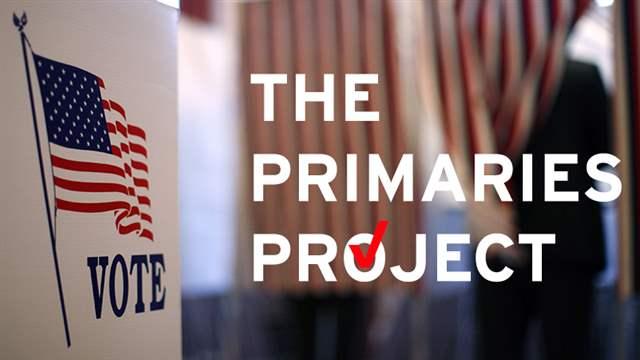
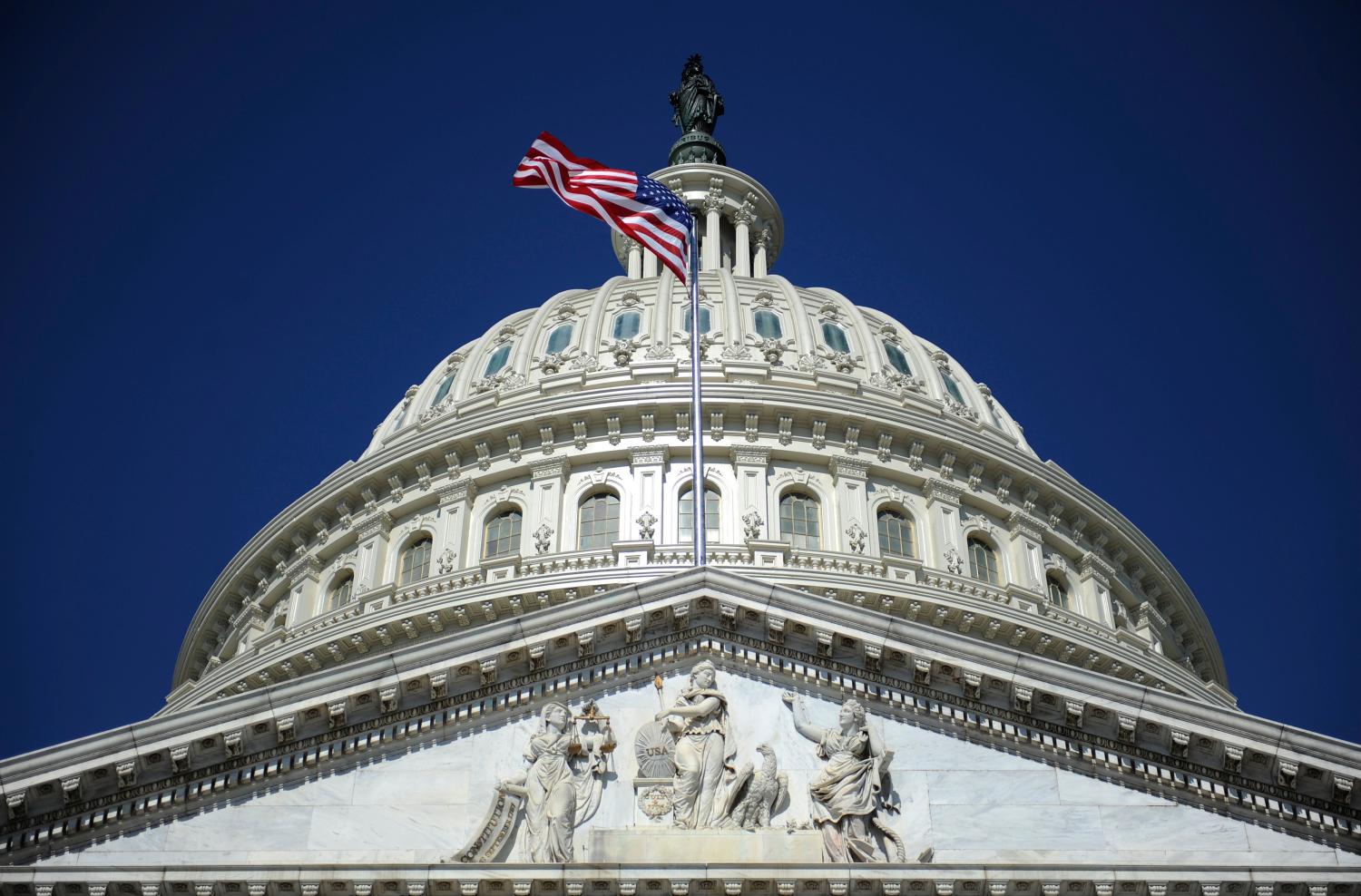

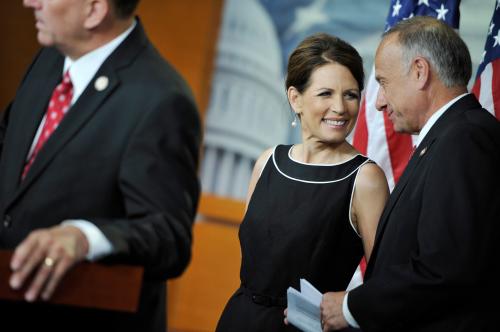
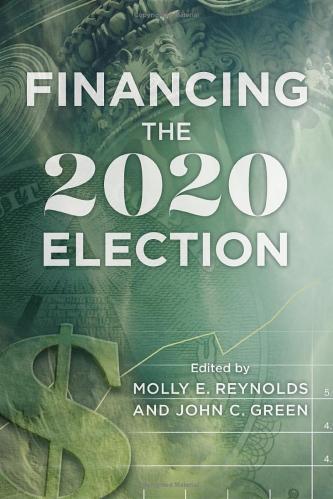
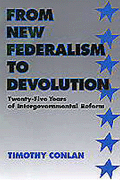
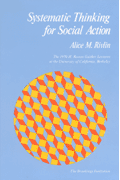




Commentary
The Primaries Project: The Tea Party Hasn’t Won on Immigration – So Far
May 13, 2014